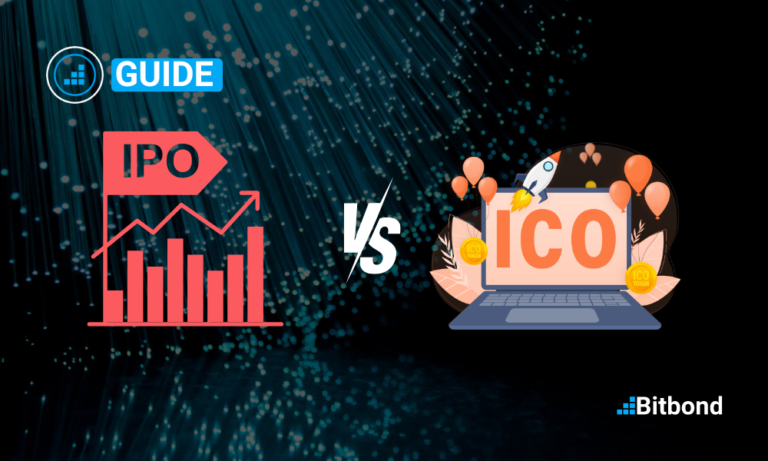How Interest Rates, Collateral & Down Payments Affect Business Loan for New Business
Beginning a new business is exciting. Financing a new business, however, is a whole different story altogether. Procuring a business loan for a new business is one of the first financial milestones that new businessmen embark upon. Nevertheless, the entire process of approval of the loan as well as repayment is incredibly contingent upon three key factors: interest rates, collateral, and down payments. Each of these factors affects not only the final quantity of the loan that one obtains, but also the entire extent of such a loan that one is required to incur in the form of interest payments, thereby impacting one’s comfort level with respect to the repayment of the loan as well.
1. Interest Rate: It Is the Cost of a Loan
As an entrepreneur who is applying for a business loan for a new business, the first factor that banks consider is the credit risk that comes into play when considering the interest rate.
Here’s why interest rates are important:
- They set the amount of monthly payments. A higher small business lending rate means that you will be paying more to service the same amount of money.
- They help determine the overall cost of borrowing. Over the years, a small difference of 1% in interest rates can lead to savings in thousands of dollars.
- They represent the confidence of the lenders. Startups will often require higher interest rates since they do not possess a credit history.
A high credit score will help ensure that your model is viable, as well as that the cash flow projections in place are good. However, if this is the first time you are looking at loans, kindly consider pricing comparisons, particularly among those that offer short-term loans to businesses.
Tip: It is always important that you are aware of what kind of interest rate is being offered on the business loan for a new business, that is, whether the interest is fixed, offering stability, or variable will start lower but may increase over time.
2. Collateral: Turning Assets into Assurance
Collateral is the backbone of most of the conventional funding sources. It is essentially the asset that is used as a guarantee in order to borrow a business loan for a new business. It could be equipment, property, inventory, and the like. Why is that important? It gives a lender security. They can recover their funds in case of default by selling the given asset.
Here is how the presence of collateral affects the loan:
- There are favorable lending rates in commercial loans through secured loans or with collateral.
- A loan that is not backed by any form of collateral will often come with a higher rate of interest, as the risk to the creditor is higher as well.
- It is in these respects that the value of the collateral determines the amount of loans that one can obtain, since higher-value collateral will enable one to obtain higher loans.
Pro Insight: It is always important to consider the long-term value of the asset that you are offering as security. It is important to consider the impact of losing important business assets that could be affected in the event of repayment difficulties.
3. Down payments: Your financial commitment in action
Often, down payments are forgotten, yet they are one of the factors that will really help in getting approved for a business loan for a new business. A Down Payment is the portion of the total loan that is paid upfront is called a down payment. It gives a signal to the bank that, in this venture, the borrower is not a free rider and is willing to share the risk.
Here’s why it matters:
- It will decrease the amount of the loan, which in turn can reduce both the interest payments as well as the monthly payments.
- It earns the trust of lenders by showing financial responsibility.
- It could help chances of approval, particularly if you’re looking at short-term business loans, as these are expected to be repaid faster.
Example: Assuming that if you are looking for a business loan for a new business of $100,000 and are able to make a cash contribution of $20,000, you will only require a loan of $80,000. This will not only reduce your liability but will also demonstrate a high level of commitment that will possibly get you reduced business loan lending rates.
4. The Combined Effect: Balancing Cost & Confidence
Interest rates, collateral, and down payments constitute the three legs of the financial stool in any new startup that must be properly balanced.
- High Collateral + Good Down Payment = Favorable Loan Terms & Interest Rates.
- Small amount of collateral & no down payment = High risk with harsh terms, including rejection.
- Good Collateral & Good Credit = More flexibility & smoother approvals.
Conclusion
Securing a business loan for a new business is not a process of application alone, but rather a comprehension of the factors that influence the financial destiny that awaits. Interest rates, collateral, and down payments are not only factors in this process of acquiring a loan; rather, they influence the entire process of eligibility, approval time, as well as the ease of repayment of a business loan for a new business that improves the financial prospects of a firm.






